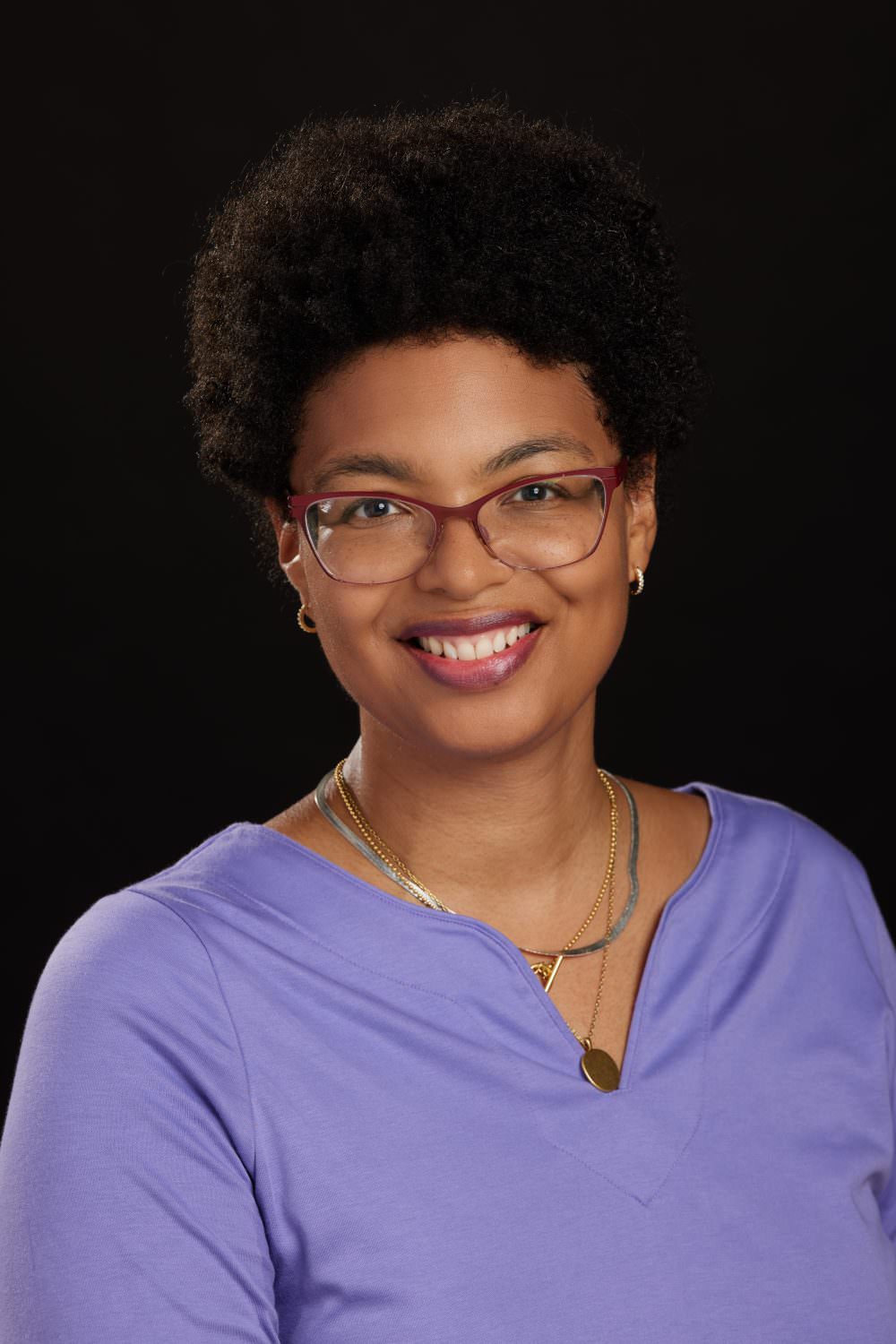Anika Wilson (she/her) is Associate Professor and former chair of the Department African and African Diaspora Studies at UW-Milwaukee. She earned her doctorate in Folklore and Folklife Studies at the University of Pennsylvania and specializes in informal narratives (gossip, rumor, etc.). Her book Folklore, Gender, and AIDS in Malawi: No Secret Under the Sun (2013) was awarded the Elli Kongas Maranda Award for feminist scholarship in folklore in 2014. She teaches course topics related to African and African diasporic societies, expressive cultures, spirituality, and gender relations. Her current research project focusing on spirituality, sacred sites and the environment in southern Africa.
Statement of Candidacy:
From my vantage point as a folklorist in academe I see a widening gap between the values espoused by our field which prizes human creativity, community building, social justice and listening with the direction of universities and colleges that are increasingly embracing bottom-line priorities. As the humanities are increasingly pushed to the margins of colleges and universities (or out altogether) how do we as a professional society make sure that we are finding ways to nurture folklore research both inside and beyond the campus? How do we push back on discourse that has sold-out to the ideas of value being measured primarily in revenue generation?
We need to take what we know about meaning-making and creating connections that we’ve learned from our work and apply it our academic and community institutions. We need apply it to promoting greater connections between different types of folklore practitioners. I am profoundly interested in working toward meaningful partnerships between folklorists working in different sectors and between folklorists and practitioners. This is partly practical for the sake of people facilitating moving between these different paths. Partnerships and alliances are also strategic–because we are a small field we must re-enforce each other’s voices and harmonize to survive and grow. Together we can work to push back against forces working to trivialize arts and humanities. We should not lose sight of the fact that the hope for and faith in humanity that undergirds folklore studies is essential in the divisive climate we live in today.
